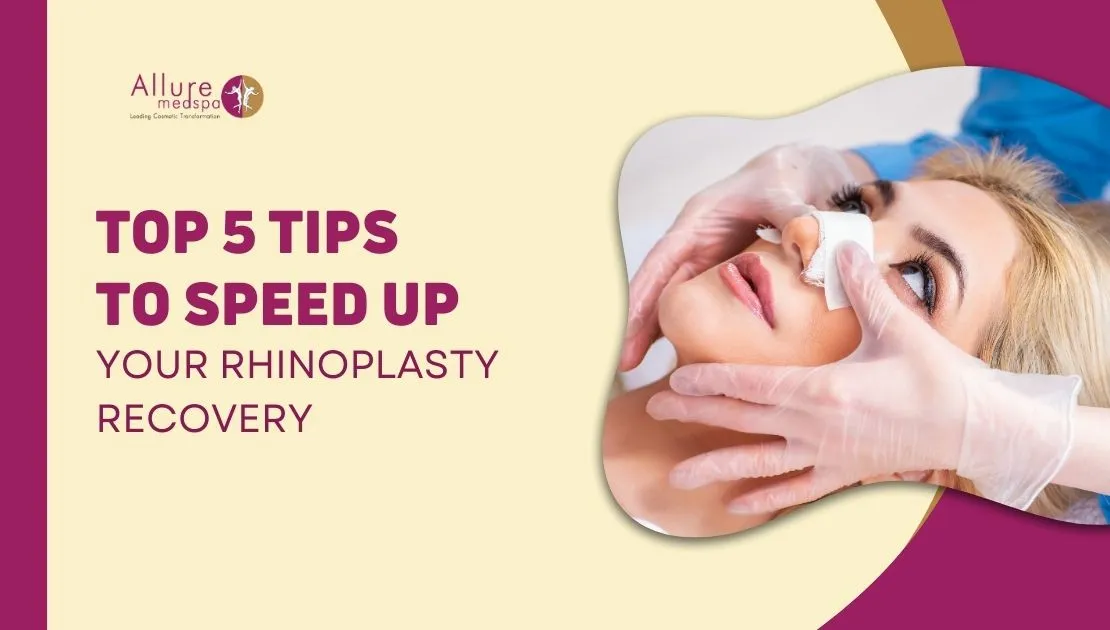Rhinoplasty Recovery: Essential Tips for a Smooth, Safe Healing
Table of Content
Introduction
Rhinoplasty surgery (nose job) is a cosmetic or facial surgery that reshapes the nose. While results can be life-changing, your recovery is vital to achieving the best outcome. Be patient and follow the measures below to support faster, safer healing.
Curious about pricing? Check our detailed Rhinoplasty Surgery Cost guide.
Essential Tips for a Smooth Rhinoplasty Recovery
1. Follow Your Doctor’s Instructions
Your cosmetic surgeon will provide detailed post-op guidelines. Follow them meticulously to avoid delays in healing or complications. When in doubt, defer to your surgeon’s advice.
Want to see real results? View our Rhinoplasty Before & After Gallery.
2. Take Follow-Up Sessions Seriously
Follow-ups let your surgeon monitor healing, adjust care, and catch issues early. Attend all scheduled visits to keep recovery on track.
3. Diet
- Limit sodium to reduce fluid retention and swelling.
- Choose fresh vegetables, yogurt, beans, nuts; hydrate well.
- Avoid canned/instant foods, fast food, and pickles.
- Avoid spicy foods that can irritate nasal passages.
4. General Care
- Time off work: Plan ~7 days of rest.
- Exercise: Avoid workouts ~3 weeks (or until cleared).
- Cold compress: Use around nose/cheeks/eyes to reduce swelling.
- Sleep elevated: Keep head up; use supportive pillows or a recliner for ~6 weeks.
- Sun protection: Avoid direct sun to prevent pigmentation/sunburn.
- Avoid glasses: They can press on the bridge and cause swelling/indentation.
- Do not blow your nose: It spikes intra-nasal pressure and may harm healing tissue.
5. Pre-Operative Precautions
- Disclose all health conditions (e.g., diabetes, heart issues) and medications/supplements.
- Stop smoking/nicotine: It impairs blood flow and slows healing.
- Avoid supplements/medications that interfere with surgery per your surgeon’s advice.
Conclusion
A smooth rhinoplasty recovery requires patience, careful self-care, and adherence to your surgeon’s plan. From diet and rest to avoiding harmful habits, these steps support faster healing and better results. Give your body the time it needs—and contact your care team with any concerns.
(FAQs) Frequently Asked Questions
Q1. How long does it take to fully recover from rhinoplasty?
Ans. Most swelling subsides within 2–3 weeks, but complete healing and final results may take up to 6–12 months.
Q2. When can I start exercising after rhinoplasty?
Ans. Light walking is usually fine after a week. Avoid strenuous exercise for at least 3 weeks or until your surgeon clears you.
Q3. What should I avoid after rhinoplasty surgery?
Ans. Avoid blowing your nose, wearing glasses on the bridge, eating spicy/salty foods, and direct sun exposure during recovery.
Q4. Can I wear makeup after rhinoplasty?
Ans. Light makeup on non-surgical areas is typically fine after about a week; avoid the nasal area until your surgeon says it’s safe.
Q5. Is swelling and bruising normal?
Ans. Yes. Swelling and bruising around the nose and eyes are common and usually improve within 1–2 weeks.












